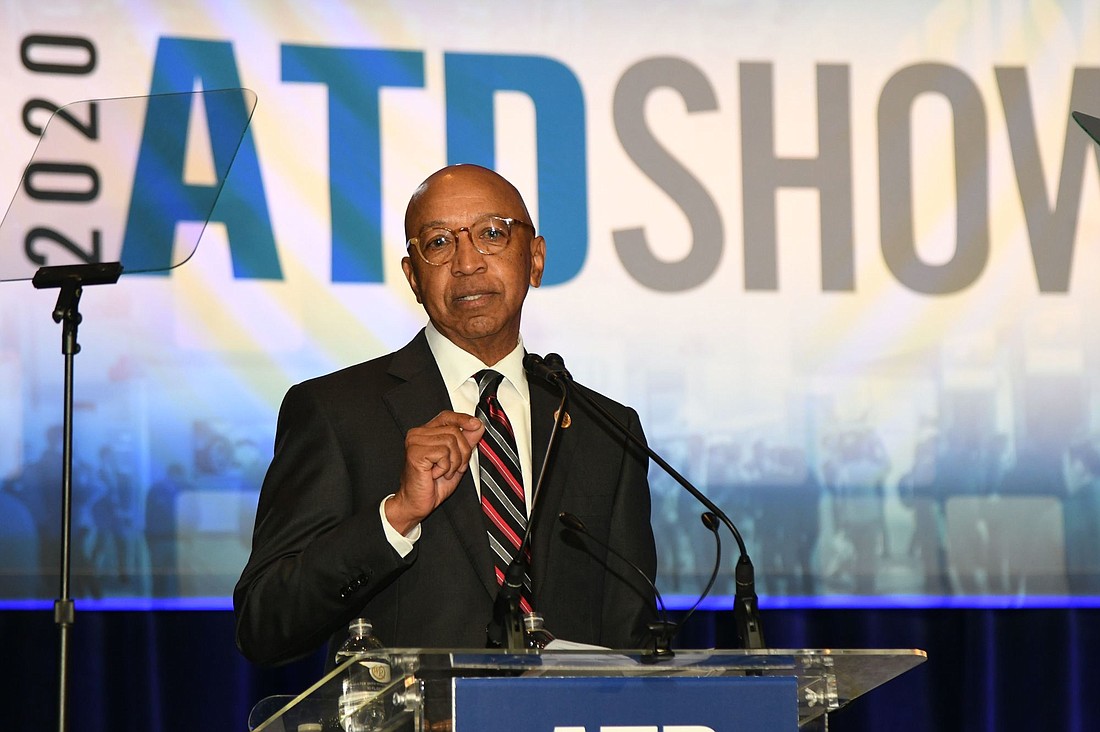- December 15, 2025
-
-
Loading

Loading

Established in 1902, International Harvester is one of the oldest and most well-known brands in trucks, tractors, buses and engines, and although it’s been through several recent transitions — including a name change, to Navistar, in 1986 — a constant presence, since 1974, has been Oscar Horton.